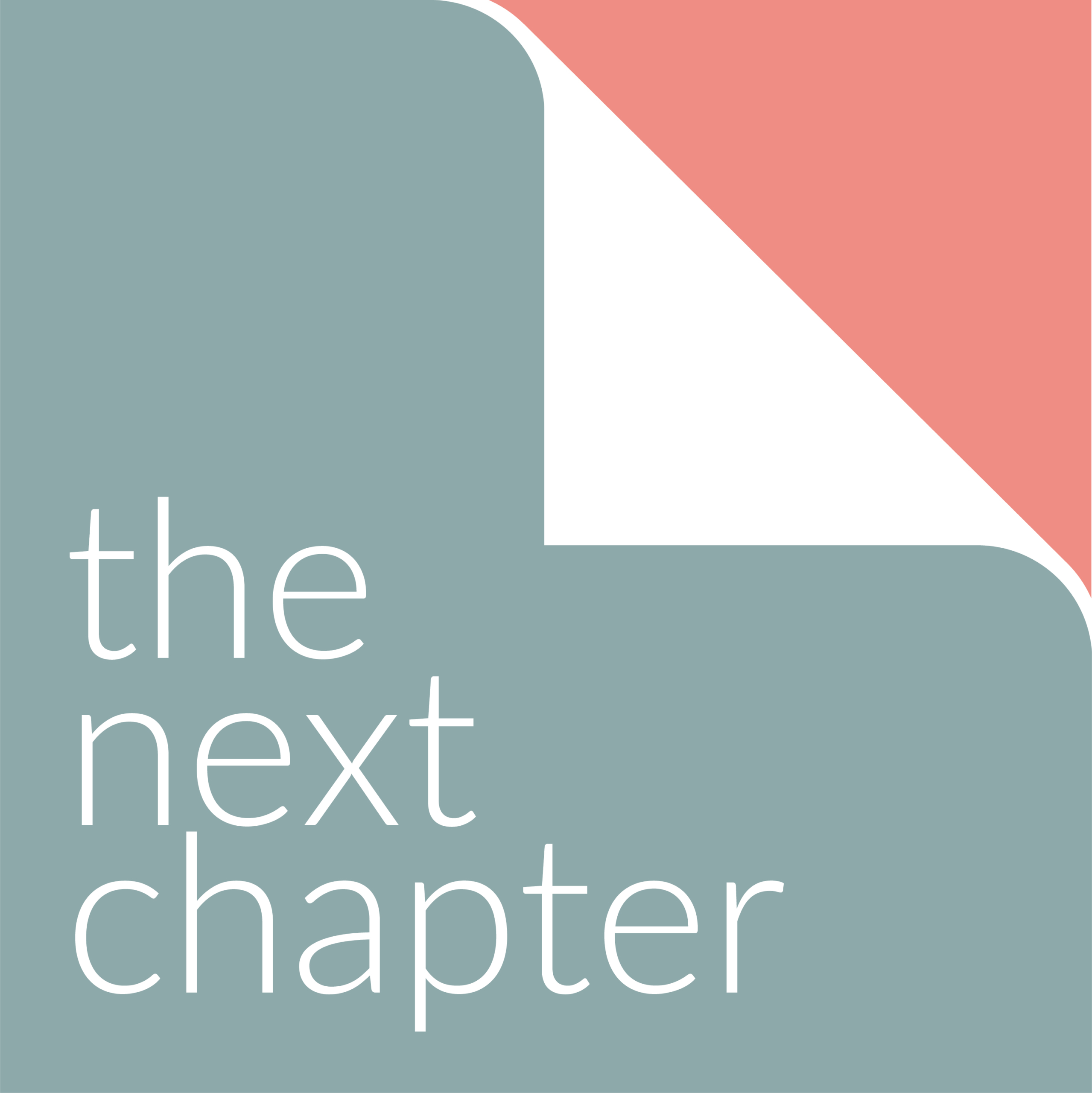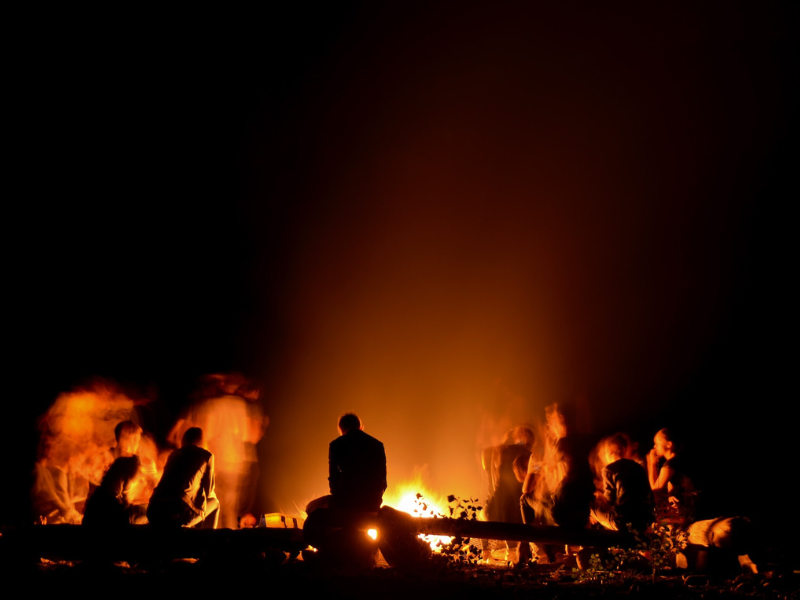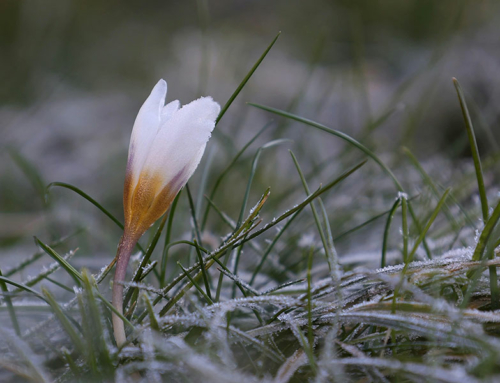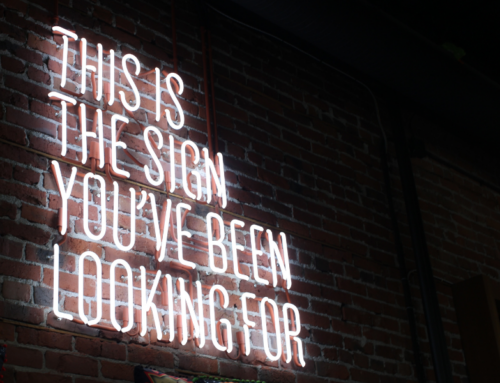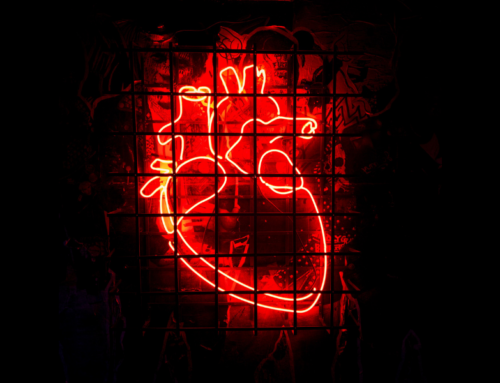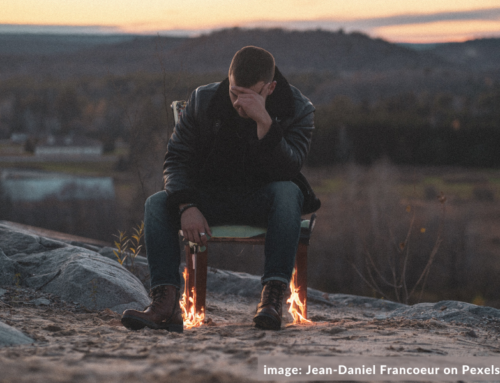Before Hallowe’en there was Samhain [1] – a day of the dead in Celtic/Gaelic culture that connected everyone coping with grief and loss (which, naturally, is everyone). It was a time to come together as a community to reflect on the turning of the seasons, to honour those who had died, and to address mortal fears – a useful function it no longer serves for most people.
we need ritual and ceremony for coping with grief and loss
Our society now doesn’t have many shared rituals or ceremonies for tending to grief. We usually hold a funeral when someone dies. But a funeral is just one part of a much longer grieving process, which may have started before the person died, and will continue, in various shifting forms, from that point onwards. And not all losses involve a death.
Lots of people develop their own traditions for their own losses, perhaps done alone or with some other loved ones on important dates. But many others feel unsure about this because of the pervasive idea that they should be ‘over it by now’ [2]. People of faith may turn to their religious community – but of course many people don’t have this, or a secular equivalent. As a result, many folk end up feeling alone and ‘wrong’ in their grief.
grief is also for relational and social harms
It’s not a coincidence that grief and grievance come from the same root word. Grieving isn’t always about missing a good thing or a beloved person. It is present just as much for all the things that have been hurtful and harmful, and will often be suffused with rage. In addition to immediate, personal losses and hurts, you might be trying to cope with grief over injustices faced by your community, past and present, and for ecological damage, species loss and climate change.
Allowing yourself to grieve can release rage safely, so that you can reclaim your peace, even while these things remain true. Connecting with community helps people grieve for community.
“Our anger arises from our pain and is only pointing back to our pain. To hold space for our pain is a way that we begin to take care of our pain.” Lama Rod Owens
who are you, now everything has changed?
It’s important to take time to re-locate your sense of self when seismic changes happen in your life. Also, your roles in life might be changed by your bereavement or loss, and it can take time to figure out who you are in your relationships now.
“Therapy, my loved ones, my own desire to live, CBT, grief forums, the 12-step programme, travel, crying, music – all of these things collectively saved me, but no single thing did it alone. What strength training did was give me a framework within which I could build my own mental health back up. It helped me form a bedrock of serenity which had been eroded long before Rob died, when the rollercoaster of his addiction had smashed me to bits.” (from Stronger, by Poorna Bell)
Do you have something that will help you build your ‘bedrock of serenity’? Powerlifting is to one person what meditation is to another. You might find what you’re looking for in a karate dōjō or in a garden, climbing in the hills or swimming in the sea. It’s a good reason to seek counselling, or you might explore it through reading, writing, art, craft, music or dance. Can you connect with others over this? It is personal, but that doesn’t mean you have to do it alone.
you can find community in loss
Loss is a universal experience, but we don’t get many chances to feel the truth of that. Popular podcasts like Cariad Lloyd’s GriefCast, projects like What’s Your Grief (among many others) and the increasing number of insightful books about navigating grief, loss and change, are testament to the need to talk, listen and reflect on this fundamental, definitive aspect of life.
It’s okay to need that. Everybody does.
You might want to connect with people who are going through something very similar to you – you can certainly find this online, and perhaps in-person as well (issue-specific helplines are a likely source of information about local support groups). Or if not, you can seek out people who are simply willing to talk beyond the surface level. If you notice you don’t have people like that in your life, you might find them at faith groups, secular groups like those run by the Humanist Society or Sunday Assembly, or groups engaged in community work.
As we move through October to Samhain, can you find your community? Even if the 31st isn’t your night for that now, there are other ways to come together with others coping with grief and loss, for solace, strength and connection. Could you take time to find yours?
All book links take you to our pages on Bookshop – the platform for independent bookshops.
If you buy a book from these links, we get 30% of the sale, which we put towards providing low-cost counselling and other wellbeing services. So your book contributes to your wellbeing (we hope) and to others’ too.
Please email info@thenextchapter.org if you have any questions about the books or would like to get some personalised recommendations.
